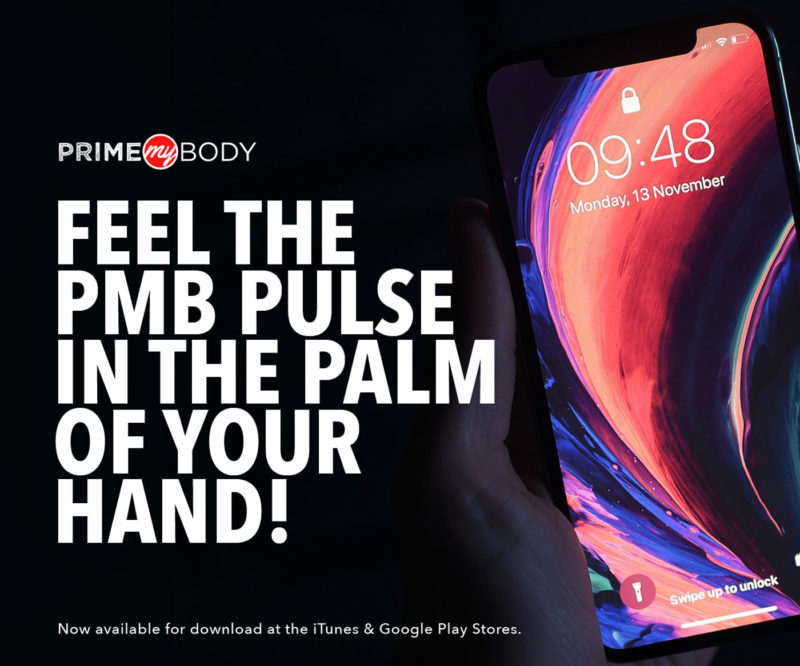Dr. Cheng Ruan Responds To Recent Study On CBD and Liver Health
June 20, 2019
Yesterday Forbes magazine released an article covering a recent study on CBD consumption potentially being a cause for liver toxicity. The study, published in the scientific journal Molecules and titled Hepatotoxicity of a Cannabidiol-Rich Cannabis Extract in the Mouse Model, was conducted by researchers from the University of Arkansas for Medical Science.
Upon a thorough review of the journal article, our Chief Medical Advisor, Dr. Cheng Ruan has released his professional statement about the study; including critiques about dosage and conversion methods, inconsistencies regarding the type of hemp products tested versus conclusions stated in the article, and the study’s overall results.
To read Dr. Ruan’s full analysis of the study’s methods, objectives, and results visit https://bit.ly/2Kt3avI.
In response to the University of Arkansas for Medical Science study’s findings Dr. Ruan says,
Looking at the study that was published about toxicity and cannabinoids, they are explicitly looking at CBD (known scientifically as cannabidiol).
The doses that they used for mice was a conversion that they would use for humans as a mathematical calculation. However, this conversion is not specific or exact, and the complexity of cannabinoid dosage is very vast.
Cannabinoids affect the ethnogenetics of specific genomes, which means that some people with specific genes, that can be turned on or off, may have a higher likelihood of having liver toxicity and others do not. When you look at an animal study, we don’t know if that translates to humans as well.
Having said that, we cannot ignore the fact that some of these mice died of liver toxicity at extremely high doses. The doses that were given to the mice and then converted to human doses were very high and far higher than what we recommend for our hemp product(s) dosing.
The mice that showed the highest amount of liver damage with the highest number of liver markers in the blood were dosed at an equivalent of 2,460 milligrams (CBD) per kilogram (of weight). If the average person weighs roughly 70 kg (150 lbs) that is equivalent to more than 172,000 mg of CBD.
These mice were observed for 24 hours with these liver failure numbers. Of course, no one is going to be consuming CBD at this high of a dose. Furthermore, there is another phase of the study where these mice were subjected to lower dosage amounts, such as 615 mg (CBD) per kg (of weight) for 10 days. These doses were compared to 20 mg per kg (of weight) dosage of Epidolex—the pharmaceutical drug containing CBD. These dosages also show some liver elevations as well. If you convert this 20mg dose per kg—once again to a 70 kg male—that is 1,400 mg (CBD) for the dose, which is still really far above the recommended dosing for most hemp oil companies including our own.
Just like many other herbs and botanicals that are on the market, most do have numbers that may suggest liver toxicity and hemp is no exception. Further investigation would really need to be studied on this topic, but we can safely say that with much higher doses, there may be a potential for liver toxicity.
“If you look at the pharmaceutical drug Epidolex, there are warnings against liver toxicity, and in these trials, 5 to 20 percent of the patients did develop elevated liver enzymes. These patients were withdrawn from the trials. Therefore, it is absolutely pertinent that if anyone has any medical conditions relating to the liver, they should be monitored by their doctor to err on the side of caution.”
As PrimeMyBody is a prominent leader in the hemp industry, it is our responsibility, for the sake of our Affiliates and customers’ well-being, to take study findings like the one released by the University of Arkansas for Medical Science seriously. At the same time, it is our duty to ensure the accuracy and validity of studies and reports that may hinder the generally bright outlook of high quality CBD and hemp-derived products as viable and reliable wellness resources.
*Under no circumstances should any PrimeMyBody Affiliate or customer contact any member of our medical advisory board with questions or feedback.










